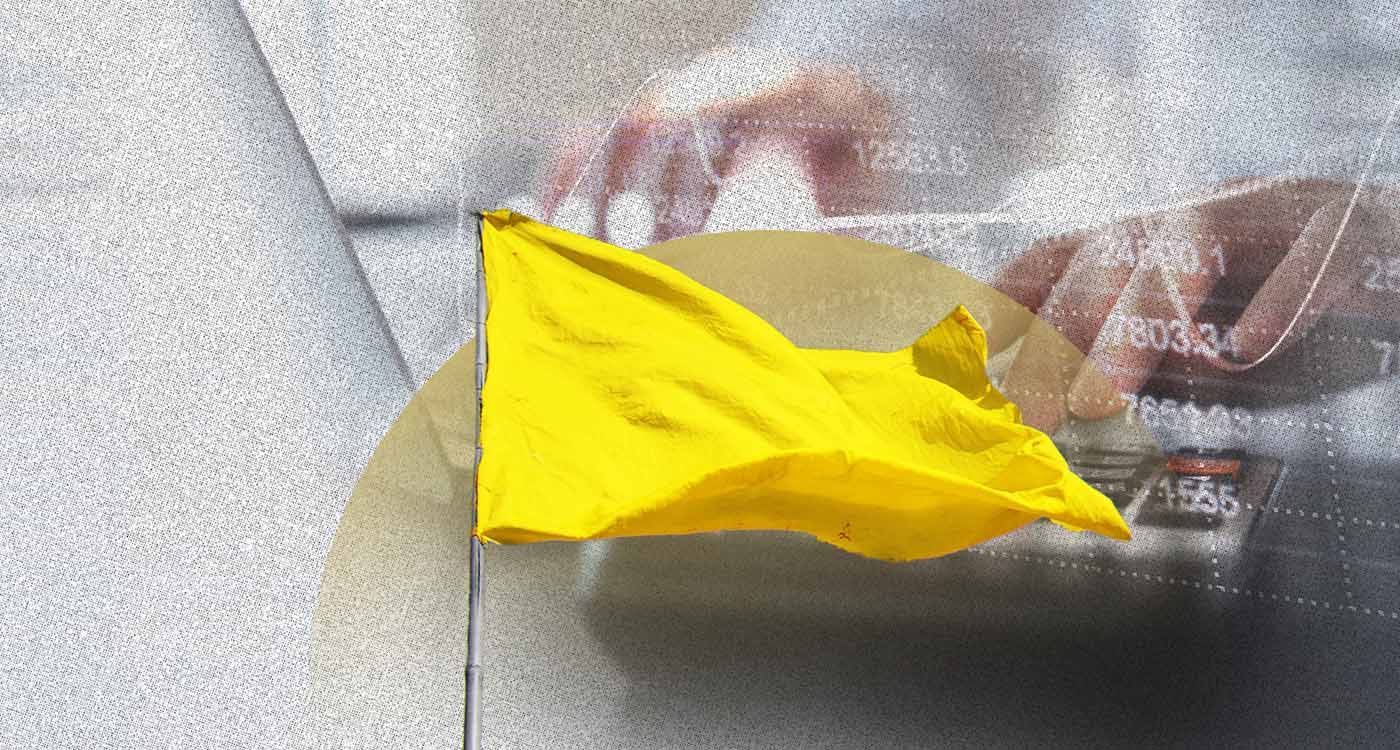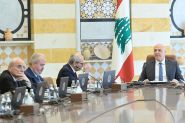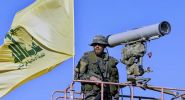
There is much to address regarding our frustration with Hezbollah and its economic and financial conduct. This frustration reached a peak yesterday with the remarks of its Deputy Secretary-General, Naim Qassem, as he outlined how aid is being distributed: a thousand dollars here, a hundred there—some for those affected in the South, and some for those impacted in Beirut.
While it is commendable for victims who have lost their homes to receive assistance, a series of critical questions must be raised—questions that demand answers and evoke both astonishment and outrage.
How can a party, which forced the country into a war of its own making, disburse funds whose origins remain unclear, whose entry into the country is unverified, and whose use is beyond regulatory oversight?
This is not a trivial matter, it strikes at the core of Lebanon’s sovereignty and economy. It underscores the notion that Lebanon has become a hub for money laundering and illegal financial activities. The party’s free handling of hundreds of millions of dollars, bypassing the official banking system—a system it helped cripple—is undeniable proof of this.
The presence of such vast, unregulated funds is a red flag for illicit operations. It also reinforces Lebanon’s position on international blacklists as a non-compliant state in combating money laundering and terrorism financing.
Lebanon must adhere to global financial regulations. Failing to do so risks isolating the country entirely, making the entry of even a single dollar a herculean task. Today, banks require full documentation for every dollar transferred to verify its source and intent. How then does the state justify the existence of millions of dollars in the hands of an internationally classified terrorist organization? The absence of any corrective measures only deepens Lebanon’s financial predicament.
This concern extends to Al-Qard al-Hassan, which operates as an unregulated financial institution, providing loans and managing funds without any oversight from Lebanon’s central bank or adherence to banking laws.
The same applies to the funds channeled into the party, distributed monthly to the families of its affiliates and martyrs.
Does this not validate the accusations widely reported in foreign media about Hezbollah’s financing of terrorism through illicit networks, spanning from Latin America to the Gulf, including drug trafficking?
Hezbollah no longer cares about these allegations. Instead, it boldly announces its financial agenda, effectively telling the Lebanese people, “Your opinions are irrelevant. I have built my economic state on the ruins of yours, which I have already destroyed militarily and financially.”
To this, we respond: justice and the rule of law remain. And they will prevail.



Comments